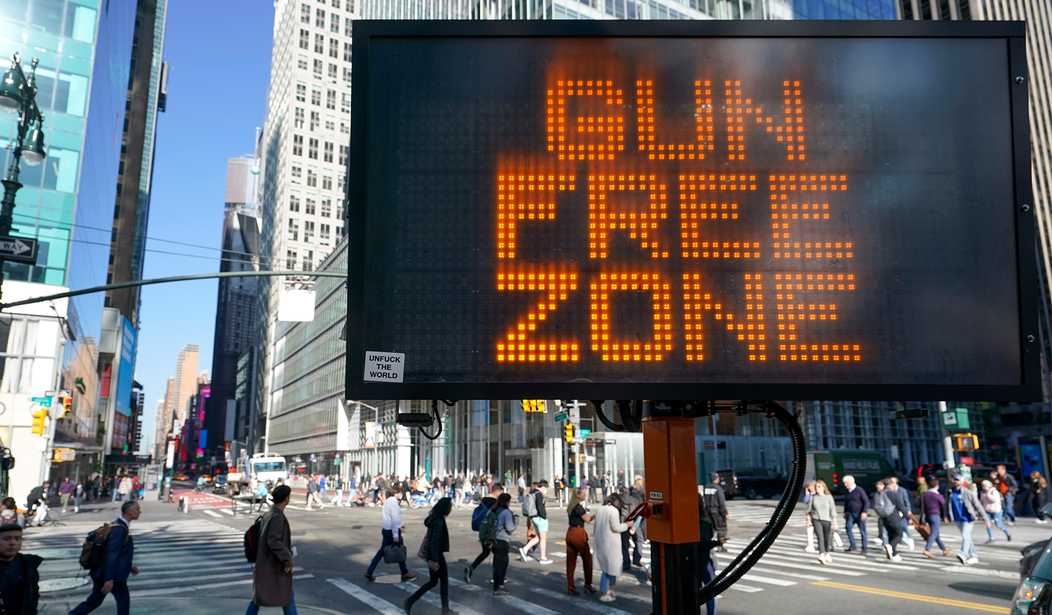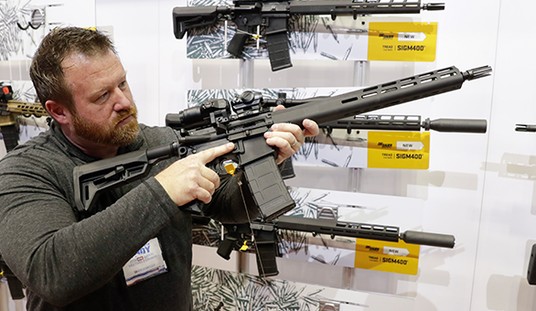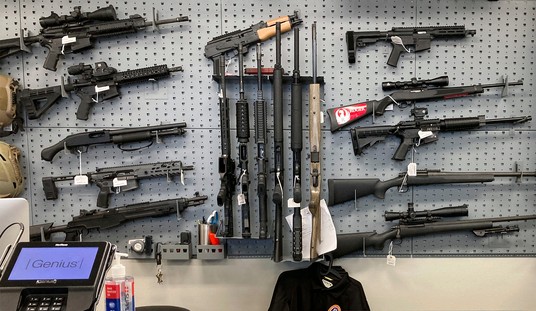In the wake of the Bruen decision, we’ve seen plenty of blue states from New York to California look to make most publicly accessible places “gun-free zones” where lawful concealed carry is prohibited; from bars and restaurants that serve alcohol to your own private vehicle, along with churches, grocery stores, movie theaters, libraries, public parks, and a host of other locations.
Many red states, on the other hand, have seen bills introduced that would remove some of existing “sensitive places” defined in statute, including in West Virginia, where lawmakers are poised to approve a campus carry law. But in North Dakota, Republicans have decided to take a pass on expanding where lawful gun owners can carry, and are offering up a ridiculous reason for doing so.
There were six bills introduced this session that would have expanded concealed carry in North Dakota, but none of them passed the House on Monday afternoon. Rather, they were all rolled into one and passed as a study.
The bills that didn’t pass in their original form would’ve allowed concealed carry at public gatherings, including in public schools, on college campuses, in bars, and at the State Capitol. The goal of the study is to determine where concealed carry can be expanded, with the goal of introducing legislation in the 2025 session.
“This is a Supreme Court ruling that came down in 2022. We have to look at historical data nationwide to identify where we can carry concealed, where we cannot carry concealed, and it has to be identified in the historical data,” said Representative Pat Heinert, R-Bismarck.
Um, no. The Bruen decision sketched the rough outlines of where concealed carry can be prohibited, but said nothing about any “gun-free zones” being mandatory. States are free to have zero sensitive places defined into law. The question is what are those “exceptional circumstances” under which guns can be banned. Assuming that there are places where guns must be prohibited flies in the face of the Bruen decision itself.
Consider, for example, Heller’s discussion of “longstanding” “laws forbidding the carrying of firearms in sensitive places such as schools and government buildings.” Although the historical record yields relatively few 18th- and 19th-century “sensitive places” where weapons were altogether prohibited—e.g., legislative assemblies, polling places, and courthouses—we are also aware of no disputes regarding the lawfulness of such prohibitions.
We therefore can assume it settled that these locations were “sensitive places” where arms carrying could be prohibited consistent with the Second Amendment. And courts can use analogies to those historical regulations of “sensitive places” to determine that modern regulations prohibiting the carry of firearms in new and analogous sensitive places are constitutionally permissible.
North Dakota lawmakers could have passed every one of the bills removing “gun-free zones” from state statute if they wanted to, and they’re now courting litigation by keeping many of these provisions in place. Federal judges in New Jersey and New York have already cast doubt on prohibitions on carrying in places where alcohol is served, for instance (though the law can prohibit concealed carry holders from drinking while carrying), and North Dakota’s similar provision seems like it would be ripe for a court challenge.
If North Dakota House Republicans don’t want to repeal these “sensitive places” they should have the courage to come out and say so instead of disparaging the intelligence of gun owners by contending that the Bruen decision compels the establishment of any “gun-free zone”. The decision to shunt these bills off to be studied for a couple of years adds insult to the injuries these “sensitive places” inflict on a fundamental right to armed self-defense, and its beyond disappointing to see ostensibly pro-Second Amendment lawmakers decide to keep these locations off-limits to lawful gun owners for at least another year.









Join the conversation as a VIP Member